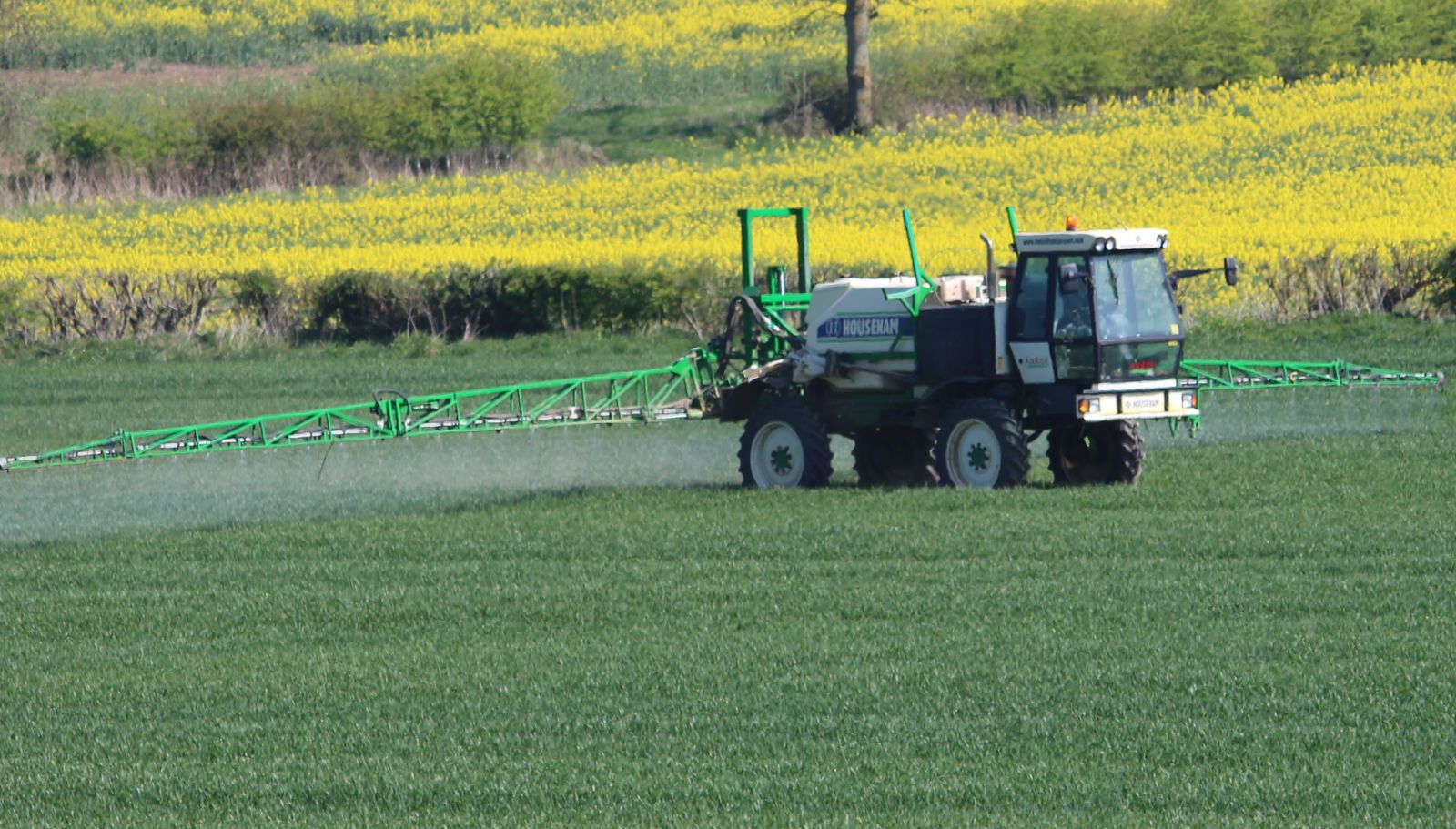
Delivering increased food production from sustainable agriculture
27th April 2018Views from: Professor John Pickett, CBE, FRS, NAS (Foreign Associate), Cardiff University, School of Chemistry.
To deliver the rapidly growing global food needs, the world has to continue to rely on highly advanced Industrialised farming, such as we have in the UK. But intensive farming has to contend with many un-evidenced criticisms, from some policy makers, elements of the media and even scientists who should know better. Correlative-only associations are at the heart of many un-evidenced criticisms of intensive agriculture, with land-owing farmers and rich multinational agrochemical companies, whilst doing their best to promote efficient agriculture, being regarded suspiciously as a result of un-evidenced and distorted social considerations.
The negative fall-out from ill-informed criticism of current agricultural practice adds to the problem that, even under the most optimistic Brexit scenario, we will likely suffer loss of new agrochemical development for our region, as the industry concentrates on more lucrative and particularly reliable markets elsewhere.
This just accentuates the challenge of delivering new science, to facilitate increases in food production. Sustainable intensification represents an even greater challenge. Put simply, all seasonally applied inputs of seed, land preparation, fertilisers, irrigation and crop protection must be targeted for reduction and eventual elimination. An overall goal, even though apparently distant, is the perennialisation of arable agriculture. To benefit fully from this dramatic change in agricultural practice, all inputs, from nitrogen fixation all the way to crop protection, must be delivered just by the crops or the cropping system. Advantages will certainly accrue, but many new problems will need solutions. Thus, while root systems will show greatly increased value in perennial cropping, new pests attacking these roots must be managed sustainably.
The rapidly and continually developing new molecular genetic technologies must be incorporated in the quest for the sustainable intensification of global agriculture. We must also invent alternatives to current and ever growing increased high carbon footprint-contributing technologies.
The most persuasive drivers on this process will be rapidly rising food prices; the impact on society is already placing continually increasing resources in relatively non-essential areas and, finally, food availability or more emphatically the lack thereof. It is of relatively little societal value to develop novel electronic gadgets and new medical procedures for populations not having access to sufficient or suitable food. As these hard realities impact, changes to the business of agricultural food production have to emerge.
A real move towards sustainability must involve placing prestige and financial credit at the food production end of the operation – i.e. agriculture. The food retail industry must adapt to pay the real price for produce at the farm gate and not continue to force down prices, which conspire against sustainability and animal welfare. Food shortages may seem to be a long way off, but the agricultural industry and the science that serves its future must be supported now to deliver the goals of increasing production sustainably.
To read the full article from Professor John Pickett click here

